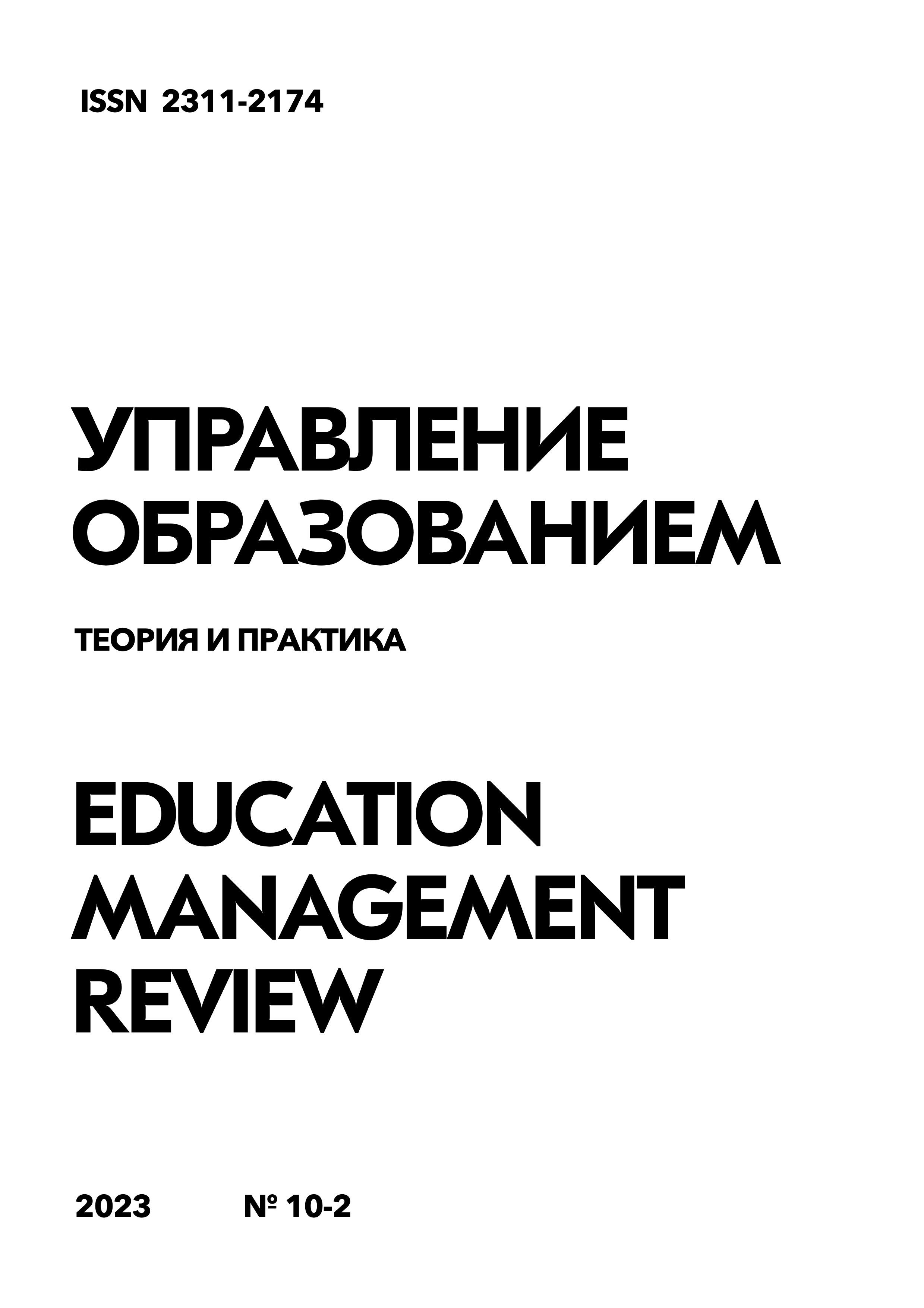The specifics of the formation of lexical skills in bilingual children
DOI:
https://doi.org/10.25726/u9649-9272-1719-eKeywords:
bilingualism, bilingual environment, bilinguals, monolinguals, interference, cognitive foundations, lexical skills, electronic resourcesAbstract
The article is devoted to the phenomenon of bilingualism - which is considered one of the most researched phenomena of our time. Taking into account the state of modern society, the increased needs of international communication, the problems of interaction between language and culture, the importance of multicultural and bi/multilingual development of a linguistic personality, special attention is paid to the problems of bilingualism, namely teaching a foreign language in a bilingual educational environment. speaking two languages can increase cultural awareness and empathy. Learning a new language opens the door to new cultures, traditions and views. Bilingual students have the opportunity to study abroad, as well as participate in exchange programs abroad. This article discusses the features of teaching English vocabulary. The author offers examples of tasks for the introduction and consolidation of new lexical units, in addition, some methodological recommendations for the formation of lexical skills in the foreign language being studied in bilingual children are given. A modern teacher should possess innovative pedagogical technologies, including information and communication technologies, and skillfully apply them in the process of teaching a foreign language, in particular, the formation of lexical skills taking into account the bilingual educational environment and at the same time enjoy the numerous advantages of bilingualism.
References
Абдукадырова Т.Т. Русско-чеченский билингвизм в средней школе // Вестник Чеченского института повышения квалификации работников образования «Геланча» (ежеквартальный республиканский научно - методический журнал). 2007. № 2. С. 44.
Авронин В.А. Двуязычие и школа // Проблемы двуязычия и многоязычия. М.: Наука, 1972. С. 49-62.
Бертагаев Т.А. Билингвизм и его разновидности в системе употребления // Проблемы двуязычия и многоязычия. М.: Наука, 1972. С. 82-88.
Емельянова Я.Б. Различные подходы к оценке влияния билингвизма на интеллектуальное развитие личности // Вестник Челябинского государственного педагогического университета. 2019. № 2. С. 91-102.
Иванова М.В. Древнерусская агиография конца XIV-XV веков как источник истории русского литературного языка // Вопросы языкознания. 1998. № 2. С. 79-88.
Хамраева Е.А. Теория и методика обучения детей-билингвов. СПб.: Изд-во РГПУ им. А. И. Герцена, 2017. 156 с.

